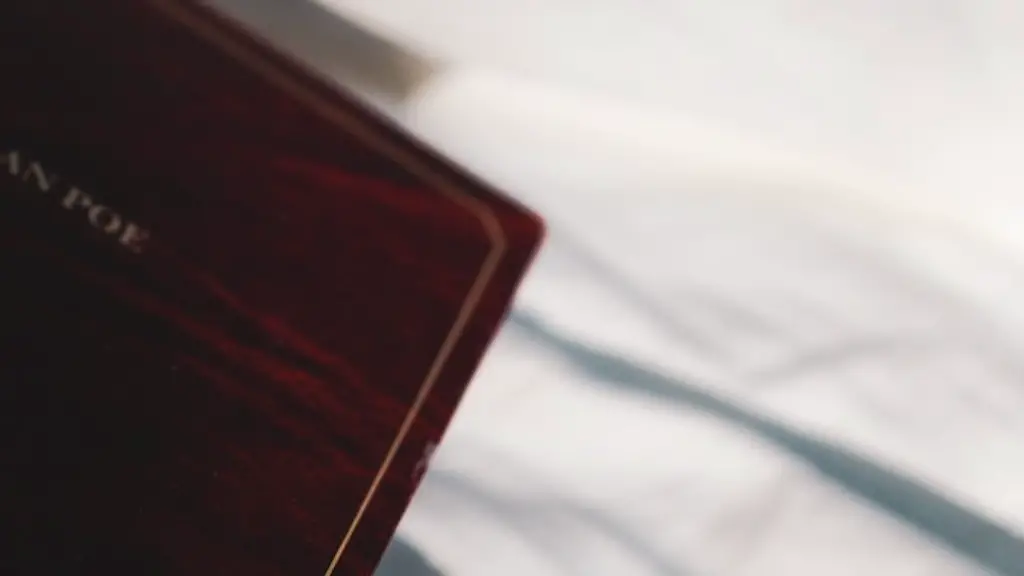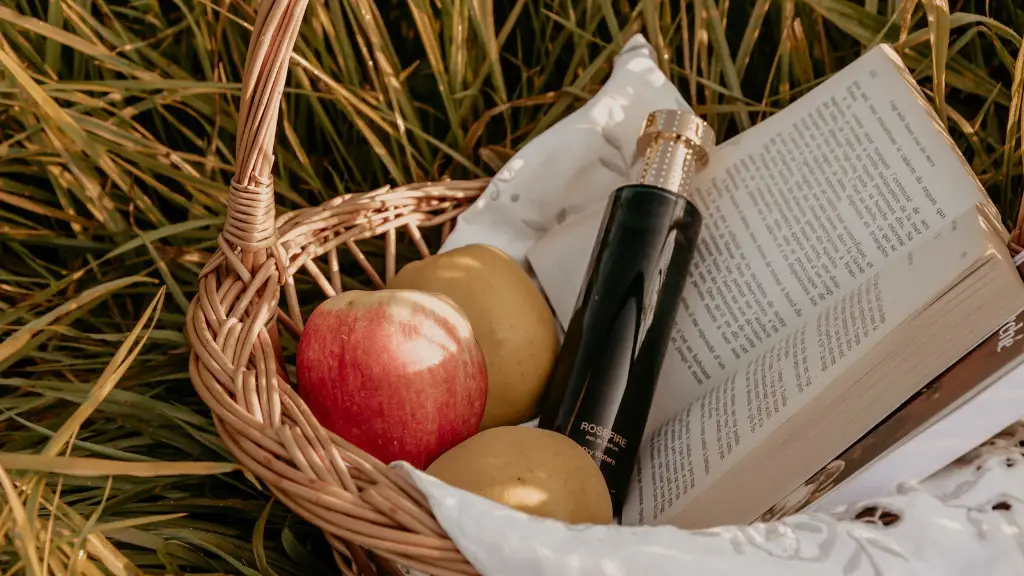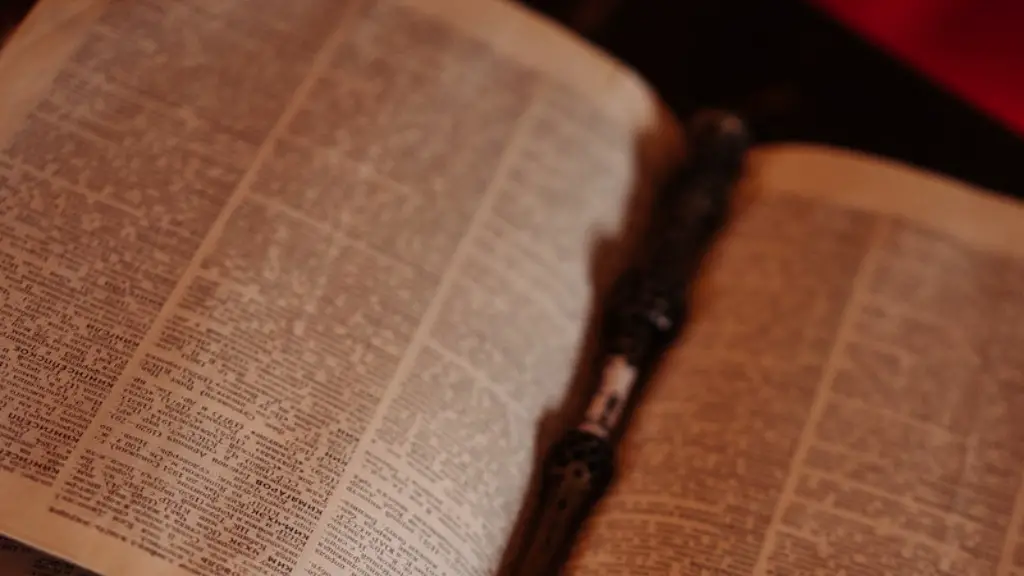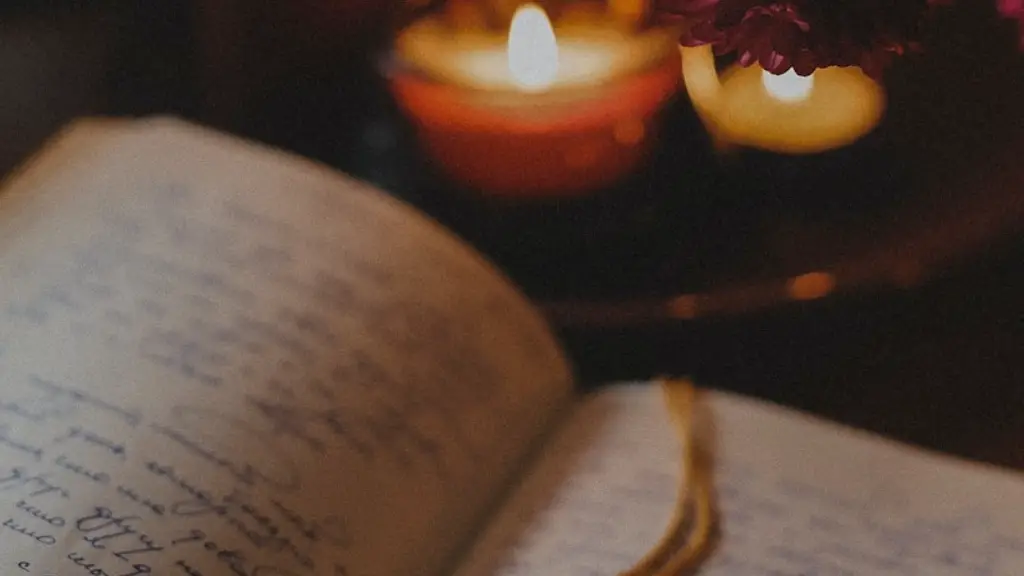A metaphor in poetry is a comparison that expresses a complex idea or emotion in a vivid and imaginative way. It is a powerful writing tool that can add depth and resonance to a poem, taking it beyond surface meaning to create a lasting impression on the reader. Metaphors can be subtle or blatant, adding intrigue or clarity to a poem. They can also be used to create a mood or set the tone for the poem. In short, metaphors are a way for poets to convey a message or idea in a very creative and effective manner.
When using metaphors in poetry, it is important to be mindful of what message you want to communicate. It’s essential to think about how each metaphor can be interpreted and to choose ones that are appropriate for the poem’s subject matter. Additionally, it is also important to consider how the metaphor will contribute to the overall structure and how it can help to dictate the poem’s progression.
Many poets use metaphors to express complex feelings and emotions. By describing something that is familiar in a unique way, the poet can describe an emotion or idea that not everyone can easily connect with or understand. Metaphors help make these connections and can help the reader to draw their own conclusion or come to a realization. For example, a poem about love could use a metaphor to describe the feeling of bliss, such as ‘Love is a warm blanket’.
A well-executed metaphor can also have a lasting impact on the reader. A metaphor has the potential to stay with a person long after they’ve read the poem, often creating a feeling that can be remembered and interpreted in different ways over time. This is particularly true of famous quotes and sayings, those that use a metaphor in the most impactful manner.
In the hands of a skilled poet, metaphors can be used to great effect. By taking the time to carefully select the metaphors used in their poem, the poet can bring to life the hidden meanings and emotions associated with their writing.
Examples of Metaphors in Poetry
Metaphors are a common tool used in poems and other forms of literature. Let’s look at some examples of metaphors in poetry to get a better understanding of how they’re used.
Some of the most famous metaphors in poetry include William Wordsworth’s “The world is too much with us”, which compares the overwhelming modern world to a heavily-laden sea, and Bob Dylan’s line “the times, they are a-changin’”, which likens rapid social change to the passing of time.
Other examples of metaphors in poetry include Shakespeare’s “All the world’s a stage”, which personifies the world as an actor in a theatrical play, and e.e. cummings’ “You are the music while the music lasts”, which compares the fleeting nature of love to a song that fades away into the night.
Metaphors in Shakespeare
Shakespeare was a master of metaphors and could weave complex ideas and intricate stories with just a few, well-chosen words. He often used metaphors to create vivid imagery and to emphasize his themes in the most powerful way possible. His play ‘Romeo and Juliet’ is filled with metaphorical language that is thought-provoking and has stood the test of time.
A few notable examples from this famous play include “Death lies on her like an untimely frost” to describe death’s sudden arrival and “Parting is such sweet sorrow” to express the bittersweet feeling of saying goodbye. In each of these cases, Shakespeare uses metaphors to express complex ideas and feelings in a simple yet powerful way.
Metaphors in Today’s Poetry
Metaphors are still being used today in poetry, and they continue to be a popular and effective tool in modern poetry. Many contemporary poets use metaphors to create vivid imagery, as well as to express complex emotions and ideas.
For example, one popular example of a metaphor used in today’s poetry is “life is a journey”, which is used to draw comparisons between life’s ups and downs, paths taken and choices made.
In addition to this, poets today are increasingly using metaphors to explore topics such as identity, race, gender and sexuality in a more nuanced way. By using metaphorical language, poets are able to provide new perspectives and open up dialogue about these important topics.
Using Metaphors in Poetry
When writing a poem, it can be very helpful to use metaphors as a way to express complex feelings and ideas. To do this, the poet must think carefully about the metaphors they are using and how they will be interpreted. It is also important to consider how the metaphor will contribute to the poem’s overall structure and how it can help the poem to progress in the most effective way.
Metaphors are also a great way to evoke a particular emotion in the reader. By describing something familiar in a unique and vivid way, the poet can create a feeling or atmosphere that will stay with the reader long after they’ve finished reading the poem.
Limitations of Metaphors in Poetry
An important thing to keep in mind when using metaphors in poetry is that they can often be overused or misused. When writing a poem, it’s important to be mindful of how each metaphor will be interpreted and to choose ones that are appropriate for the poem’s subject matter.
In addition to this, metaphors can also be a double-edged sword. While they can help to create vivid imagery, they can also obscure the main meaning of the poem if not used wisely. To avoid this, the poet should use metaphors in moderation and be sure to use clear and accessible language to convey their message.
Conclusion
When used properly, metaphors can be a powerful tool for poets to express complex feelings and ideas in a simple yet effective way. It is important to be mindful of what message you want to communicate and to choose metaphors that are appropriate for the poem’s subject matter. Additionally, it is also important to consider how the metaphor will contribute to the poem’s overall structure and how it can help the poem to progress in the most effective way.




